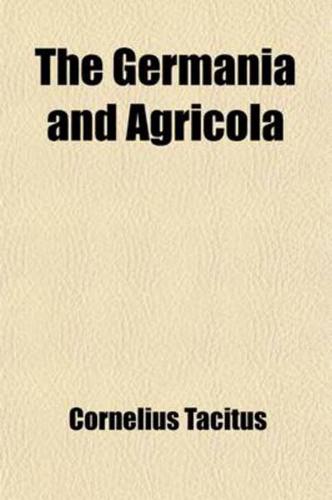Publisher's Synopsis
This historic book may have numerous typos and missing text. Purchasers can download a free scanned copy of the original book (without typos) from the publisher. Not indexed. Not illustrated. 1875 edition. Excerpt: ...Remarks, p. 79. In commune. Cic. would have said, universe, or de miiversa origine. Gr. Cic. uses in commune, but in a different sense, viz. for the common weal. See Freund, sub voc. Instituta, political; ritus, religious. Quae nationes. And what tribes, etc.; quae for quaeque by asyndeton, or perhaps, as Rit. suggests, by mistake of the copyist--Commigraverint. Subj. of the indirect question. Gr. 265, Z. 552. German critics have expended much labor and research, in denning the locality of the several German tribes with which the remainder of the Treatise is occupied. In so doing, they rely not enly on historical data, but also on the traces of ancient names stilt attached to cities, forests, mountains, and other localities (cf. note, 16). These we shall sometimes advert to iu the notes. But on the whole, these speculations of German antiquarians are not only less interesting to scholars in other countries, but are so unsatisfactory and contradictory among themselves, that, for the most part, we shall pass them over with very little attention. There is manifestly an intrinsic difficulty in denning the ever changing limits of uncivilized and unsettled tribes. Hence the irreconcilable contradictions between ancient authorities, n well as modern critiques, on this subject. Tacitus, and the Roman writers generally, betray their want of definite knowledge of Germany by the frequency with which they specify the names of mountains and rivers. The following geographical outline is from Ukert, and must suffice for the geography of the remainder of the Treatise: "In the corner between the Rhine and the Danube, are the Decumates Agri, perhaps as far as the Mayne, 29. Northward on the Rhine dwell the Mattiaci, whose neighbors on the east are the..."







